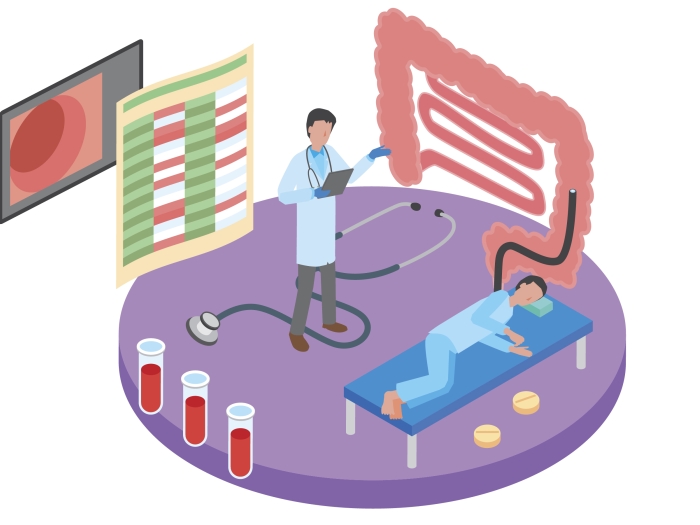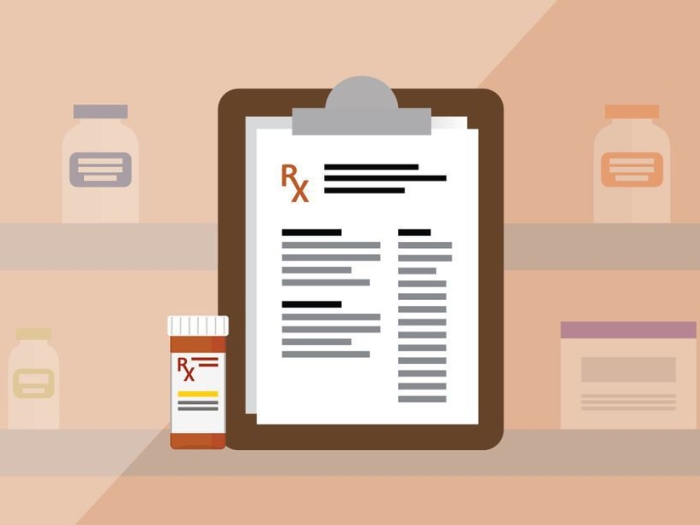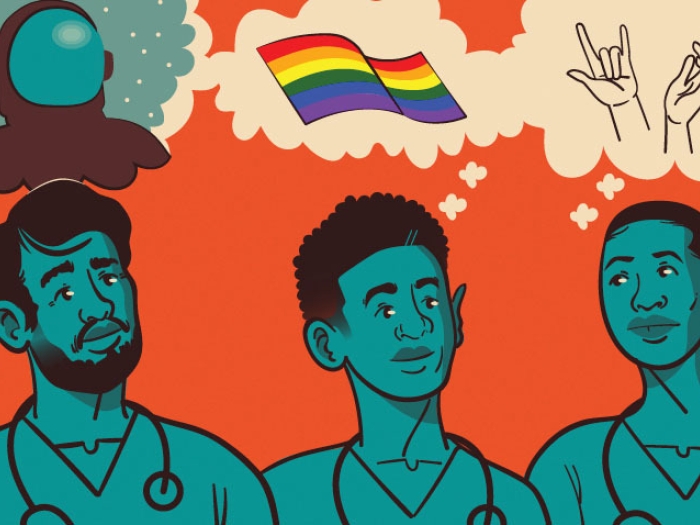Tips and advice for translating health research findings into relevant, timely and compelling information
5:00 AM
Author |
Many researchers are taught to share findings in a regimented process: present at an academic conference, then publish in an academic journal. But how can researchers ensure their findings reach beyond the audience of fellow clinicians and academics to impact policy and improve public health? The answer: interacting with policymakers and journalists.
Five experts from the University of Michigan’s Institute for Healthcare Policy and Innovation share four insights into how researchers can do this.
1. Establish connections
First, how can researchers with a desire to share their research with policy and media audiences establish connections?
Preeti Malani, M.D., M.Sc., M.S.J., a professor of medicine in the Michigan Medicine Division of Infectious Diseases, recommends getting involved in outreach efforts organized by academic and clinical professional societies, as they often have policy and communications arms and provide training.
“They can really set you up to be a good advocate and source,” said Malani.
When getting involved with media, academics may want to start local.
“For the messages that I’ve tried to get out that have resonated the best, it has been local impact,” said Emily Martin, Ph.D., M.P.H., an associate professor of epidemiology in the U-M School of Public Health.
Sharing research findings with smaller newspapers and media outlets can have a profound impact on people’s lives. People turn to smaller newspapers and media outlets to understand what’s going on in their communities, which is closely held to their core values, she noted.
2. Interact with policy and media
Once you have established a meeting with a policy or media audience, what are the best practices for those interactions?
“The number one piece of advice is to be responsive,” said Chad Ellimoottil, M.D., M.Sc., assistant professor of urology and medical director of Telehealth at Michigan Medicine.
Timeliness is essential for journalists or policymakers who are working on short deadlines. Sharing a cell phone number with these contacts for future use can greatly accelerate the exchange of information to ensure those deadlines are met.
“Honesty, humility, and enthusiasm. That’s what makes a good policy researcher,” added Ellimoottil.
Acknowledging where you can and can’t comment builds relationships and lets media or policymakers know what to contact you for.
“Be honest where your expertise is and isn’t, and if it isn’t, use it as a platform to sponsor your colleagues,” explained Renuka Tipirneni, M.D., M.Sc., assistant professor of internal medicine at Michigan Medicine.
It’s also important to do your homework before meeting with policymakers, elected officials or journalists to meet them where they are – they may have a lot of expertise in the subject already. Researchers should seek to both inform and learn from the policymakers they engage with.
3. Package your research
It’s not enough to only do the research; it must be packaged and shared with an intended audience.
“Don’t expect someone to package your research better than you,” said Christopher Friese, Ph.D., R.N., a professor in U-M’s School of Nursing.
Beyond academic publications, research findings can be distilled and shared through a variety of mediums such as pithy infographics, bullet points for media and legislators, or one-slide or one-paragraph summaries of research findings on lab websites.
These results, especially those that are timely, can be shared before publication as long as it does not conflict with a journal’s embargo, Malani notes. If a researcher has unpublished data related to a timely policy or news topic, they may want to check with the journal they intend to submit their paper to, to find out its policy about sharing a few data points before the paper is accepted or published.
Embracing all perspectives among key policymakers can create an opportunity to present the same research with different lenses to diverse audiences.
“You might assume that a particular party or a group will be more or less interested in your topic, but I’m going to encourage you to rethink that,” said Friese. Embracing all perspectives can create an opportunity to present the same research with different lenses. “Sometimes it may cause discomfort, but these folks really benefit from hearing from you.”
4. It’s never too early to engage
There’s no time like the present for researchers to start interacting with policy audiences.
“The earlier you engage, and the more continually you engage, the more likely you are to be heard,” recommended Friese.
Once a researcher tries it a few times, interacting with policy and media audiences will feel like a fundamental step in the research process.
In addition to enhancing research impact, routine interactions with these audiences will even improve the research itself.
“You start to think in a more sophisticated way in how you’re going to design your studies and the policy questions that you’re going to try to answer,” said Ellimoottil.

Explore a variety of health care news & stories by visiting the Health Lab home page for more articles.

Department of Communication at Michigan Medicine
Want top health & research news weekly? Sign up for Health Lab’s newsletters today!





